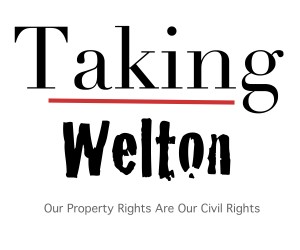Beginning of the End for the Map Act?
“The N.C. Court of Appeals handed down this month a ruling that strikes at the heart of a controversial piece of legislation known as the Map Act. Here at the John Locke Foundation, we have been urging the General Assembly to repeal or reform the Map Act for some time.
Now, however, thanks to Chief Judge Linda McGee’s admirably thorough and well-reasoned opinion, it appears that legislative action may not be necessary. McGee has ruled that, Map Act or no Map Act, if the State wants to use private property for highways and other transportation projects, it must compensate the owners of that property in a just and timely manner.
In most states, when the transportation department needs land for a highway, it obtains it the old fashioned way — by buying it. It uses the state’s power of eminent domain to condemn the property, and it compensates the property’s owners at a level commensurate with the market value at the time of the taking.
Under the Map Act, however, the N.C. Department of Transportation has been able to take a different approach. The act empowers DOT (and other agencies) to create “transportation corridors” within which “no building permits shall be issued for any building or structure or part thereof … nor shall approval of a subdivision … be granted.”
There is no time limit for how long land may be subjected to such a moratorium on development, and as a result DOT has been able to control large tracts of land for years without formally condemning them and without paying compensation to their owners.
Because both improvement and subdivision are forbidden, land within a transportation corridor loses value and becomes difficult to sell, which is precisely the point. The purpose of the Map Act is to reduce the amount that will have to be paid to land owners when and if DOT finally decides to condemn land and purchase it under the state’s power of eminent domain.
“
Guze, Jon. Carolina Journal Online 27 February 2015.
